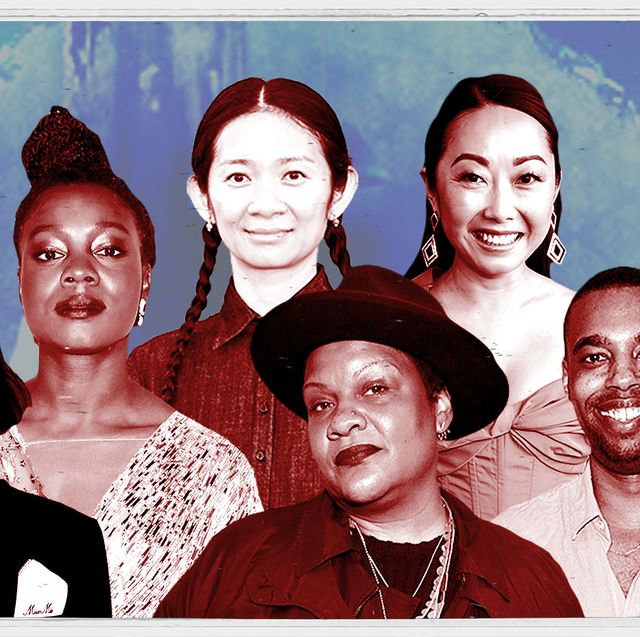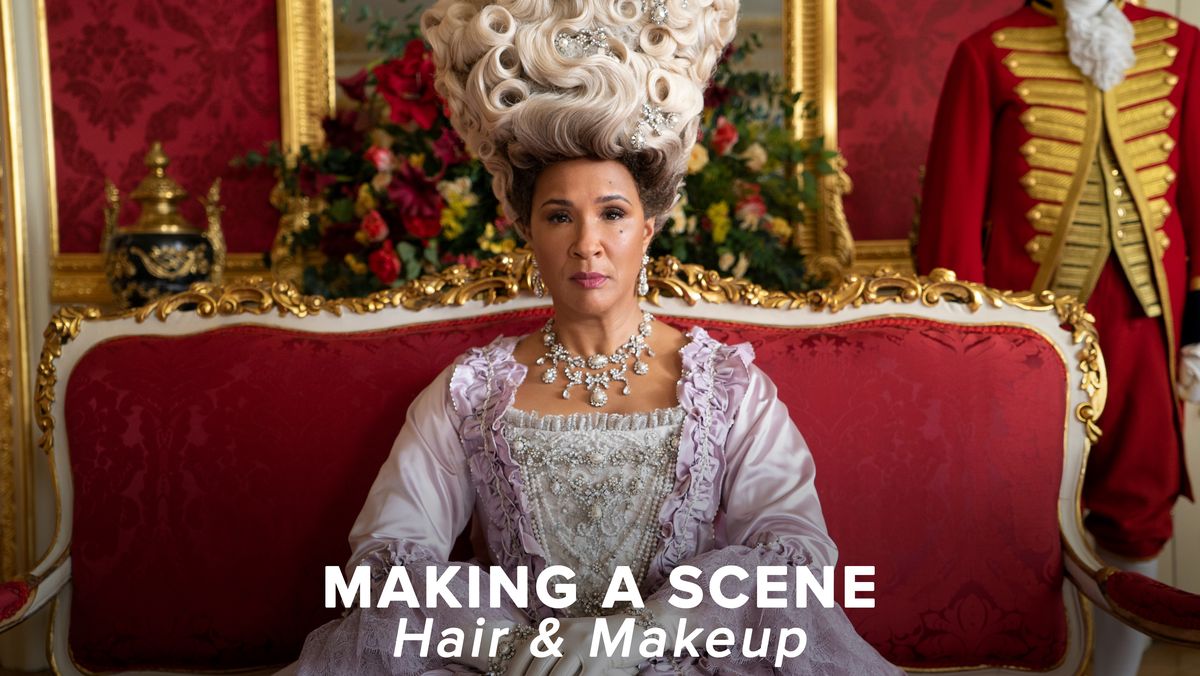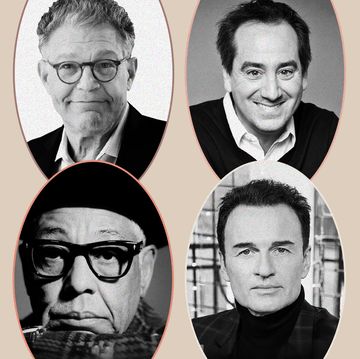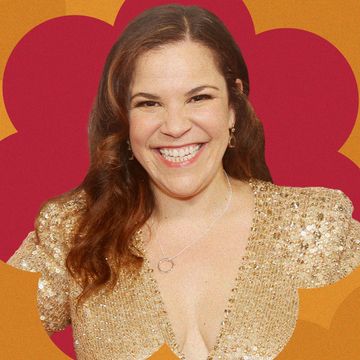What does it mean to be a film auteur? According to Encyclopaedia Britannica, it is the “theory of filmmaking in which the director is viewed as the major creative force in a motion picture.” The roots of auteur theory can be traced back to the 1940s to two French critics, André Bazin and Alexandre Astruc. Astruc’s concept of “caméra-stylo” argues that the director is considered the author of a movie even more than the screenwriter because the director controls the look, feel, and direction of the project.
Filmmakers such as Alfred Hitchcock, Quentin Tarantino, and Martin Scorsese make the list of auteurs in most film-critic circles, but as both the filmmaking and film-critic community have expanded to include more people of color and those from marginalized communities, there has been a deeper examination of who gets to be included in this club — which so far tends to be white, male directors — and, more importantly, who does not.
Isabel Sandoval, a Filipina filmmaker who unapologetically touts herself as an auteur in her Twitter bio, says her decision to claim the title is political.
“I realized that self-identifying as an auteur does not only have artistic or aesthetic implications, but, given my identity in the industry as it is now, it is also a political statement,” says Sandoval, whose film Lingua Franca premiered at the Venice Film Festival in 2019. “It has political importance in that you are taking up space that I would like to think I rightfully deserve among these other white, male, cisgender directors that have been constantly revered and talked about. I take pride in calling myself an auteur, especially because I managed to make Lingua Franca with complete freedom and creative autonomy.”
For Eugene Ashe, who directed the critically acclaimed 2020 romantic drama Sylvie’s Love, claiming space as an auteur filmmaker is simple. “I wrote and directed the movie. For me, an auteur is someone who has a vision of something that doesn’t already exist in the world and wants to bring it to fruition. Someone who has a singular vision and way of looking at the world that they would like to share,” he says.
When asked about the issue of film auteurship being dominated by white, male filmmakers, Ashe says artists of color deserve to tell their stories too.
“I love Noah Baumbach’s work. But it’s like, there’s a Noah Baumbach in me too, you know?” he says. “I’ve got a The Squid and the Whale in me too, about growing up in Harlem in the ’70s. I want to get that story out; there’s room for both. We’ve just been shut down from doing it because there’s a whole game built on the money part of it.”
Sandoval agrees. “We are constantly made to think that our stories, our experiences, our perspectives in the bigger picture in the industry might be seen as risks because they’re niche,” she says. “But, no, I think it’s actually that distinct and unique quality about our experience that makes our voice and our aesthetic potentially groundbreaking. And we continue to push ourselves creatively and artistically and never just follow or adhere to formula and convention.”
Sandoval and Ashe are part of a new generation of filmmakers bringing fresh and audacious stories to the big screen with unique and specific perspectives that expand the spectrum of human experience. Here are a few artists to keep your eye on.
Radha Blank
Radha Blank bucked the BBF (best Black friend) and mammy tropes traditionally reserved for middle-age Black actresses with her wickedly funny directorial debut, The Forty-Year-Old Version. The film’s title — a clever play on Judd Apatow’s The Forty-Year-Old Virgin — is an astute observation on how Black artists struggle to keep their authentic voice in creative spaces where the gatekeepers are overwhelmingly white. Blank, who also wrote and appeared as the lead protagonist in the film, uses self-deprecating humor to examine the pitfalls of fame when we fail to live up to our dreams and ambitions. The Forty-Year-Old Version, which won the 2020 Sundance Film Festival’s U.S. Dramatic Directing Award, is not only a loving homage to hip-hop, but also a moving meditation on love, loss, and the courage to embrace our imperfections and still find the determination to be the best versions of ourselves.
Isabel Sandoval
Isabel Sandoval is a rarity in Hollywood — an openly trans woman of color who writes and directs films that depict trans women who are played by trans actresses. In an industry where cisgender male actors have overwhelmingly played trans women and have been rewarded with awards and critical acclaim, actual trans actresses and filmmakers have been historically shut out of telling their own stories on-screen. Sandoval disrupts our phobias and misperceptions through her work by drawing viewers into the inner lives of trans women, who share our common desires for love and safety. Sandoval, who emigrated from the Philippines, began her gender transition after the completion of her first feature film, Aparisyon, and while writing her second film, Lingua Franca. Sandoval credits her passion for filmmaking for helping her to arrive at the realization that she was trans. “The moment I decided to transition is when I realized that I wasn’t transitioning to become a woman, but I was transitioning to become more fully myself,” she explained last year.
Rebecca Hall
One of our generation’s finest actresses, Rebecca Hall has amassed an enviable body of work, starring in both Hollywood blockbusters (Iron Man 3, Godzilla vs. King Kong) and prestigious dramas (Professor Marston and the Wonder Women, Frost/Nixon). So it was no surprise that the talented thespian would turn her eye to directing. For her directorial debut, Hall decided to tackle a controversial and painful part of American history by adapting the 1929 novel Passing.
Based on the novel by Nella Larsen, Passing is the story of two childhood friends, Clare Bellew (Ruth Negga) and Irene Redfield (Tessa Thompson), who take radically different turns in life when Clare decides to “pass” as a white woman while Irene chooses to live as a proud Black woman. The film’s topic is very personal to Hall — 13 years ago, she discovered her maternal grandfather lived his adult life as a white man and kept his true Black racial identity a secret from his family. Through writing and directing Passing, Hall has experienced her own catharsis. “Making this film is my way of reaching back into my own family with compassion, generosity, and love toward those who formed their own identities in a world that feared and despised them,” she told Netflix.
Emerald Fennell
With her audacious feature-film directorial debut, Promising Young Woman, Emerald Fennell delivered a gut punch to the female revenge-thriller genre with a devastating parable on how sexual violence can be a corrosive poison to the victim and those who love them. Fennell explores female rage with an unflinching eye through Cassie (Carey Mulligan), who is on a one-woman mission to avenge the death of her best friend, who committed suicide shortly after a brutal gang rape. Promising Young Woman brilliantly challenges our notions of “the good guy” and how society colludes to protect men at the cost of women’s personal safety. Fennell offers no easy answers, as seen in the heart-wrenching third act, but the bone-chilling finale will stay with you long after the credits roll.
Eugene Ashe
When it comes to period pieces featuring Black characters, studios and networks tend to fall into a binary of either slave narratives or those from the civil rights era, which results in an erasure of being Black in America. With Sylvie’s Love, writer/director Eugene Ashe gives viewers a lush and sweeping romance centering star-crossed lovers Sylvie (Tessa Thompson) and Robert (Nnamdi Asomugha) in 1950s Harlem. Ashe, who grew up loving classics like Breakfast at Tiffany’s, wanted to craft a film that reflected the experiences of his own family. “I looked at the photographs of my mother and her friends back then and felt I just wasn’t seeing that representation on-screen,” he said while promoting the film. The film was shot on the back lots of Warner Bros. and Paramount studios, and Ashe collaborated with cinematographer Declan Quinn, using Super 16 mm film to emulate the aesthetics of vintage Hollywood films. The result is a sweet and lush love letter to remind viewers that Black people are not solely defined by their struggles and oppression, but also by being complex and authentic human beings.
Chloé Zhao
Earlier this year, Chloé Zhao made history as the first woman of color to win both Best Picture and Best Director Academy Awards, for Nomadland. The Chinese-born filmmaker majored in political science at Mount Holyoke College but, through a bartending job, realized she was far more interested in people and their everyday stories. Zhao’s filmography shows a natural curiosity for the human condition, as evidenced by her first film, Songs My Brother Taught Me, which explores teen suicide on a Native American reservation. Her follow-up film, The Rider, focuses on a young cowboy’s journey of self-discovery after a near-fatal accident ends his professional riding career. When she isn’t directing blockbusters like Marvel’s Eternals, Zhao leans into a more natural style of filmmaking, preferring to cast non-actors and setting her gaze on narratives that take place in the American Midwest.
Rebecca Theodore-Vachon is a film and TV critic who focuses on race, gender, and representation in Hollywood. She has contributed to The New York Times, RogerEbert.com, Entertainment Weekly, Fast Company, and Vulture. She is also the creator of The Spectrum Lounge, a podcast that highlights creatives of color in Hollywood and pop culture. Follow her on Twitter @FILMFATALE_NYC.
Get Shondaland directly in your inbox: SUBSCRIBE TODAY













